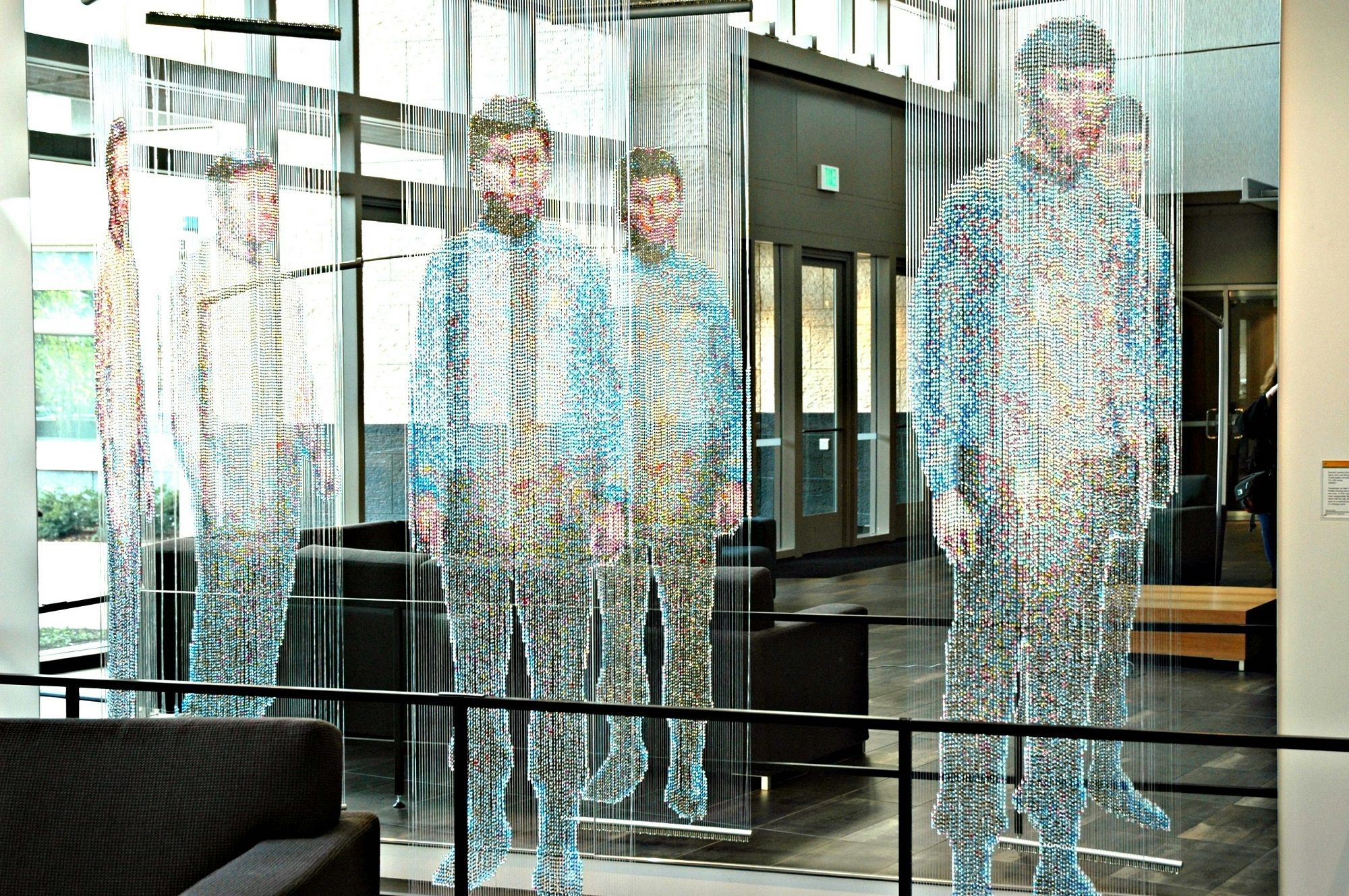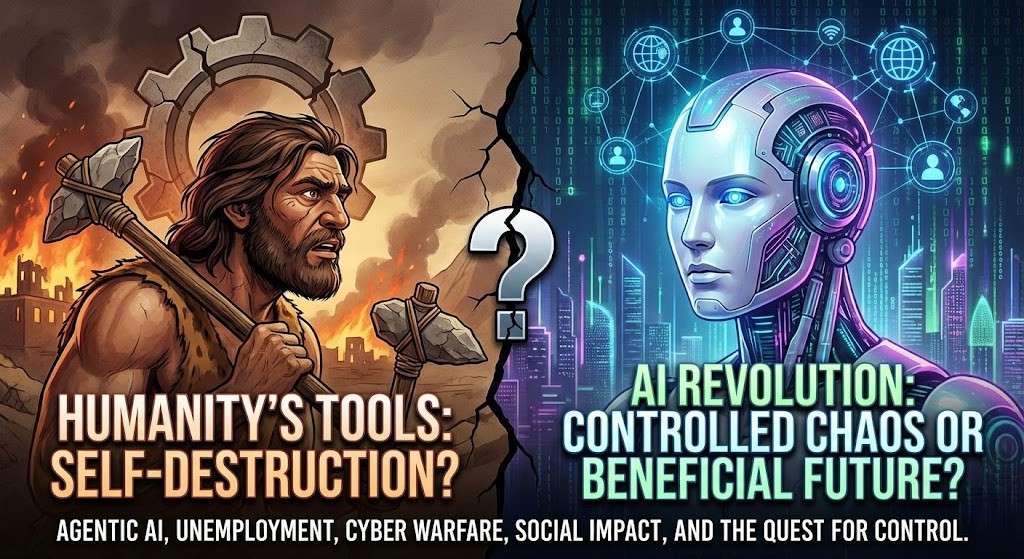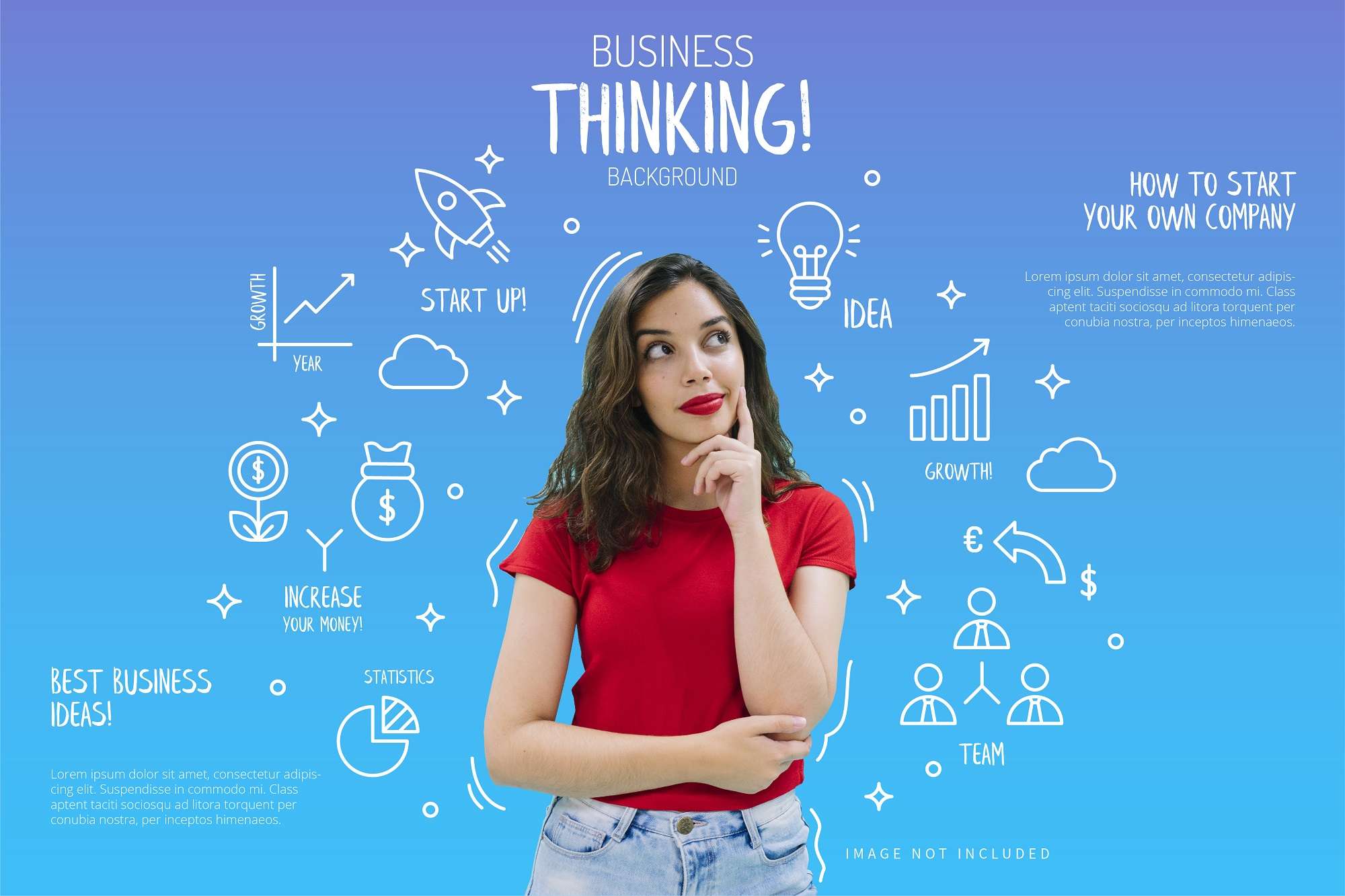- 10 September 2024
- No Comment
- 918
The Future Waits for No One: Adapt, Innovate, or Become Obsolete

Imagine being the undisputed champion of Friday nights, with over 9,000 stores worldwide and a brand that’s synonymous with entertainment. That was Blockbuster‘s reality just a decade ago. But in the blink of an eye, the video rental giant found itself on the wrong side of history. The rise of streaming services like Netflix exposed Blockbuster’s Achilles’ heel – its inability to adapt to a rapidly changing world. As Netflix revolutionized the way we watch movies, Blockbuster clung to its outdated model, and we all know how that story ended. Today, the once-mighty Blockbuster is nothing more than a cautionary tale, a reminder that in a world that’s moving at breakneck speed, complacency is a recipe for disaster.
synonymous with entertainment. That was Blockbuster‘s reality just a decade ago. But in the blink of an eye, the video rental giant found itself on the wrong side of history. The rise of streaming services like Netflix exposed Blockbuster’s Achilles’ heel – its inability to adapt to a rapidly changing world. As Netflix revolutionized the way we watch movies, Blockbuster clung to its outdated model, and we all know how that story ended. Today, the once-mighty Blockbuster is nothing more than a cautionary tale, a reminder that in a world that’s moving at breakneck speed, complacency is a recipe for disaster.
Blockbuster’s downfall is a strong reminder: if you don’t evolve with the times, you’ll get left behind.
The Rise of Digital Disruption
The digital revolution is transforming industries at an unprecedented rate. Traditional businesses that once seemed invincible have found themselves displaced by tech-driven disruptors.
Borders: Remember Borders, the beloved bookstore chain? They were once a favorite destination for book lovers, but their decision to ignore the rise of e-books and online retail proved to be a fatal mistake. While Borders held on to its brick-and-mortar stores, Amazon pioneered online book sales, later transforming into an e-commerce giant that offers almost anything you can imagine. By 2011, Borders filed for bankruptcy and closed its doors for good.
Yellow Cab vs. Uber: The taxi industry, a long-standing fixture in cities worldwide, was blindsided by the rise of ride-sharing platforms like Uber and Lyft. Traditional cab companies remained complacent for years, confident in their monopoly. Then Uber came along with a model that made hailing a ride as easy as tapping a button on your phone. The result? Taxi companies lost significant market share, and in many cities, they’re still struggling to keep up.
These examples highlight how quickly industries can shift, with technological advancements creating opportunities for newcomers while leaving traditional players scrambling to survive.
The Fourth Industrial Revolution and the Future of Work
We have entered in the Fourth Industrial Revolution, an era where AI, automation, and digital connectivity are reshaping the global workforce. This shift is not just about replacing manual labour but also about redefining entire industries.
The Rise of Automation and Artificial Intelligence
Automation is set to impact nearly every sector, from manufacturing to services. In fact, a study by McKinsey Global Institute suggests that up to 800 million jobs could be displaced by automation by 2030. But it’s not just low-skill jobs at risk.
- Fast-Food Industry: Chains like McDonald’s and Wendy’s are adopting automated kiosks to take orders, reducing the need for front-line workers. With labor costs rising and technology improving, this trend is likely to accelerate. Some restaurants are even testing robot chefs and delivering drones.
- Retail: The rise of self-checkout systems and automated warehouses means fewer jobs for cashiers and warehouse staff. Amazon’s Go stores, which use sensors and AI to track what customers pick up and charge them automatically, are a glimpse into the future of retail, a future with far fewer human workers.
Already, Artificial Intelligence is taking over various tasks, from data analysis to customer service.
Even traditionally “human” jobs are being automated. Consider the following examples:
- Law: In the U.S., AI-powered legal software such as ROSS or IBM Watson, which utilize advanced AI chatbot technology, is already transforming the way law firms manage large volumes of case data. By performing legal research more efficiently and accurately than junior lawyers, these AI-driven tools are streamlining processes and increasing productivity. However, this shift is also making it challenging for new lawyers to find jobs in certain legal fields, as automation replaces traditional entry-level tasks.
- Healthcare: AI is also revolutionizing healthcare. Watson for Health, a product from IBM, can diagnose certain diseases like cancer with greater accuracy than human doctors. It’s able to analyze thousands of medical studies and patient histories in a fraction of the time it would take a human doctor.
- Journalism: Automated systems are increasingly used to write basic news reports or financial summaries. Some media outlets already use AI-driven tools to publish content for specific industries, making repetitive writing jobs at risk of being replaced.
In short, any job that relies heavily on routine tasks or data analysis could be transformed, or eliminated, by AI in the near future.
These examples point to a larger trend: industries are becoming more reliant on AI and automation, which could lead to the elimination of millions of jobs.
AI and White-Collar Jobs
But automation isn’t just coming for manual labor. AI is also starting to handle tasks traditionally reserved for white-collar workers.
- Finance: AI-powered platforms like Robo-advisors are replacing traditional financial advisors for millions of people, offering portfolio management and financial advice at a fraction of the cost. In fact, by 2025, robo-advisors are expected to manage over $16 trillion in assets globally, according to Deloitte.
- Healthcare: AI isn’t just helping doctors; in some cases, it’s doing a better job than human professionals. Tools like DeepMind and PathAI are already diagnosing medical conditions like breast cancer with greater accuracy than human doctors, leading to better patient outcomes.
These innovations show that even highly skilled professions will need to evolve to stay relevant in a world where machines can do the job better and faster.
The Transportation Shift: The End of Gasoline and Human Drivers?
We also need to think about the environment. As more electric and hybrid cars replace traditional gas-powered vehicles, the demand for oil will drop significantly. This is a big concern for countries that depend on selling oil, especially in places like the Middle East. If the world uses less oil, these economies could face serious financial challenges.
Some countries, like the United Arab Emirates, are already preparing for this shift. They’re investing in other industries, like tourism and renewable energy, to reduce their dependence on oil and secure their future growth.
The future of transportation is being redefined by electric vehicles (EVs) and autonomous driving.
- Electric Vehicles (EVs): Companies like Tesla and Rivian are leading the charge in the shift from gasoline to electric. Norway, for example, has already seen over 80% of new car sales come from EVs. As more countries adopt stringent emission regulations, the days of gasoline-powered cars seem numbered.
- Autonomous Cars: Driverless technology is no longer a distant dream. Waymo, Cruise, and Tesla are rapidly advancing in the race to make fully autonomous vehicles a reality.
What does this mean for jobs? Millions of truck drivers, delivery drivers, and taxi drivers could lose their livelihoods to AI-powered machines.
Driverless cars will likely have far-reaching impacts, including:
- Fewer Road Accidents: Human error is responsible for the vast majority of traffic accidents. With AI-powered cars, accidents could drop by 99%, creating a future where road deaths are almost non-existent.
- Job Displacement: Millions of people worldwide are employed as drivers, whether they’re truckers, delivery drivers, or taxi operators. As autonomous vehicles take over, many of these jobs may vanish. In fact, this disruption has already begun with the rise of ride-hailing services like Uber and Lyft, which are testing self-driving cars.
- Insurance Industry Shake-Up: With fewer accidents, the demand for car insurance will plummet, possibly forcing insurance companies to rethink their entire business model. The role of traffic police may also diminish, as autonomous vehicles follow traffic rules perfectly.
This change will ripple through multiple industries. Oil companies could face a steep decline in demand, while industries that rely on human drivers will need to rethink their strategies or face extinction.
The Future of Money and Commerce
Not only is transportation changing, but the way we transact, and conduct business is also undergoing a revolution.
The Evolution of Currency
We’ve seen cash give way to credit cards, and now digital wallets are becoming the norm. Platforms like PayPal, Venmo, and Apple Pay are increasingly replacing traditional banking methods. Beyond digital payments, we’re also witnessing the rise of cryptocurrency.
Bitcoin and Ethereum: Once considered fringe currencies, cryptocurrencies are now being embraced by major corporations and even countries. El Salvador, for example, became the first nation to adopt Bitcoin as legal tender in 2021. As more businesses and individuals adopt crypto, traditional fiat currencies could see their role diminished.
E-Commerce and the Death of Physical Stores
The e-commerce boom shows no signs of slowing down. Amazon, Alibaba, and Shopify are becoming the dominant players in global retail. The COVID-19 pandemic only accelerated this trend, with brick-and-mortar stores struggling to keep up as consumers shift to online shopping.
The rise of direct-to-consumer (DTC) brands also threatens traditional retail models. Companies like Warby Parker and Dollar Shave Club have proven that you don’t need a physical store to build a successful brand. Consumers want convenience, and online shopping offers just that.
Adapt or Disappear: The Ultimate Lesson
In this fast-evolving landscape, the key takeaway is clear: adapt or disappear. The companies that succeed will be the ones that embrace change, invest in innovation, and stay ahead of the curve. Those that refuse to evolve will face the same fate as Blockbuster and Borders.
But it’s not just businesses that need to adapt. As individuals, we must also be willing to learn new skills, embrace technology, and stay open to change.
The world isn’t waiting for anyone and those who resist progress risk being left behind.



